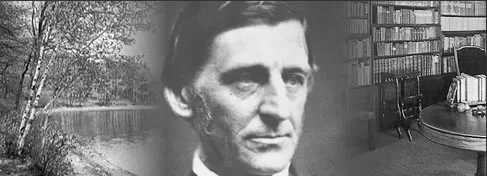HERE is Carlyle’s new poem, his Iliad of English woes, to follow his poem on France, entitled the History of the French Revolution. In its first aspect it is a political tract, and since Burke, since Milton, we have had nothing to compare with it. It grapples honestly with the facts lying before all men, groups and disposes them with a master’s mind, and, with a heart full of manly tenderness, offers his best counsel to his brothers. Obviously, it is the book of a powerful and accomplished thinker, who has looked with naked eyes at the dreadful political signs in England for the last few years, has conversed much on these topics with such wise men of all ranks and parties as are drawn to a scholar’s house, until such daily and nightly meditation has grown into a great connection, if not a system of thoughts; and the topic of English politics becomes the best vehicle for the expression of his recent thinking, recommended to him by the desire to give some timely counsels, and to strip the worst mischiefs of their plausibility. It is a brave and just book, and not a semblance. “No new, truth,” say the critics on all sides. Is it so? Truth is very old, but the merit of seers is not to invent but to dispose objects in their right places, and he is the commander who is always in the mount, whose eye not only sees details, but throws crowds of details into their right arrangement and a larger and juste‑ totality than any other. The book makes great approaches to true contemporary history, a very rare success, and firmly holds up to daylight the absurdities still tolerated in the English and European system. It is such an appeal to the conscience and honor of England as cannot be forgotten, or be feigned to be forgotten. It has the merit which belongs to every honest book, that it was self‑examining before it was eloquent, and so hits all other men, and, as the country people say of good preaching, ” comes bounce down into every pew.” Every reader shall carry away something. The scholar shall read and write, the farmer and mechanic shall toil, with new resolution, nor forget the book when they resume their labor.
